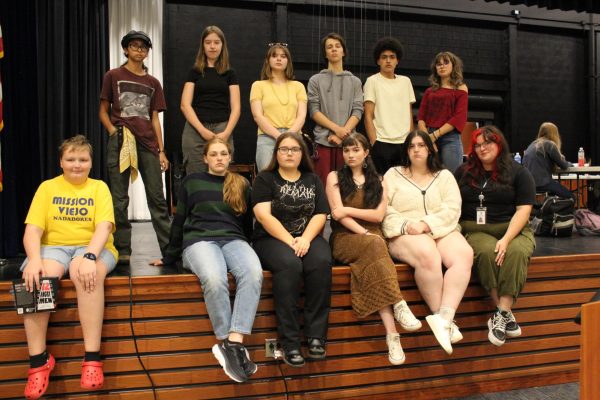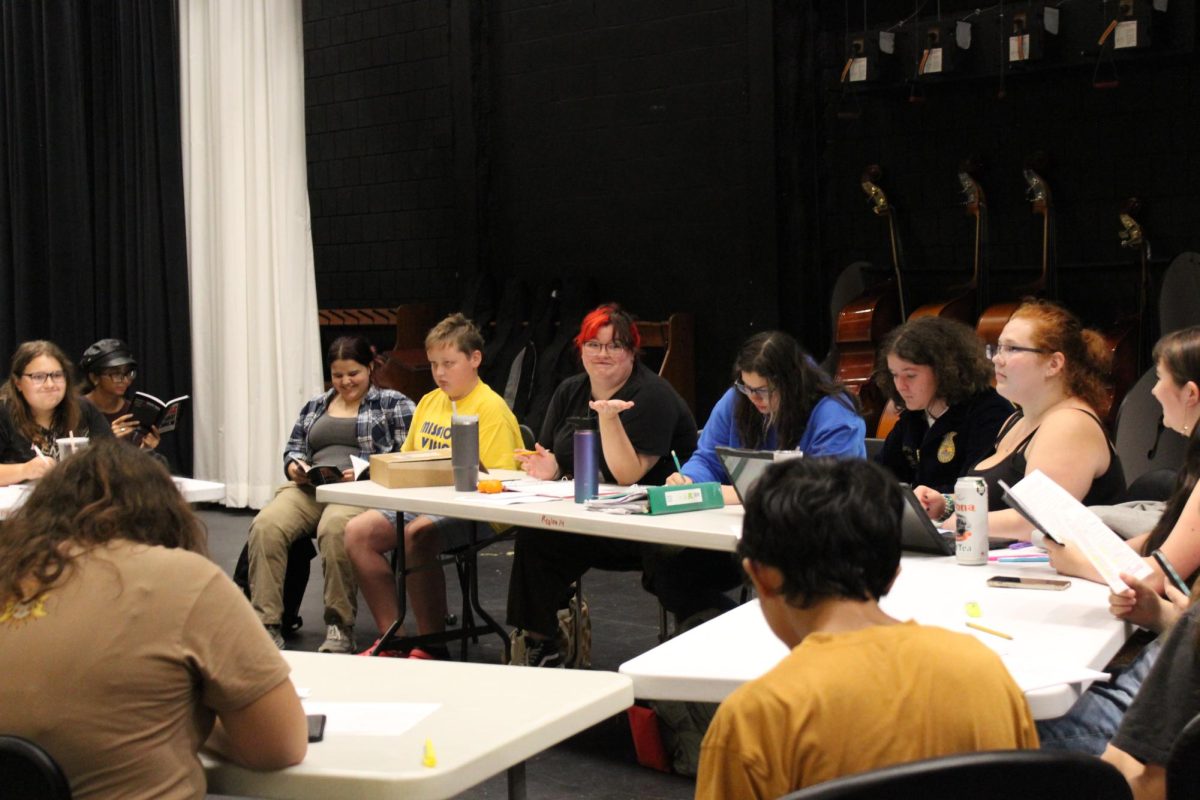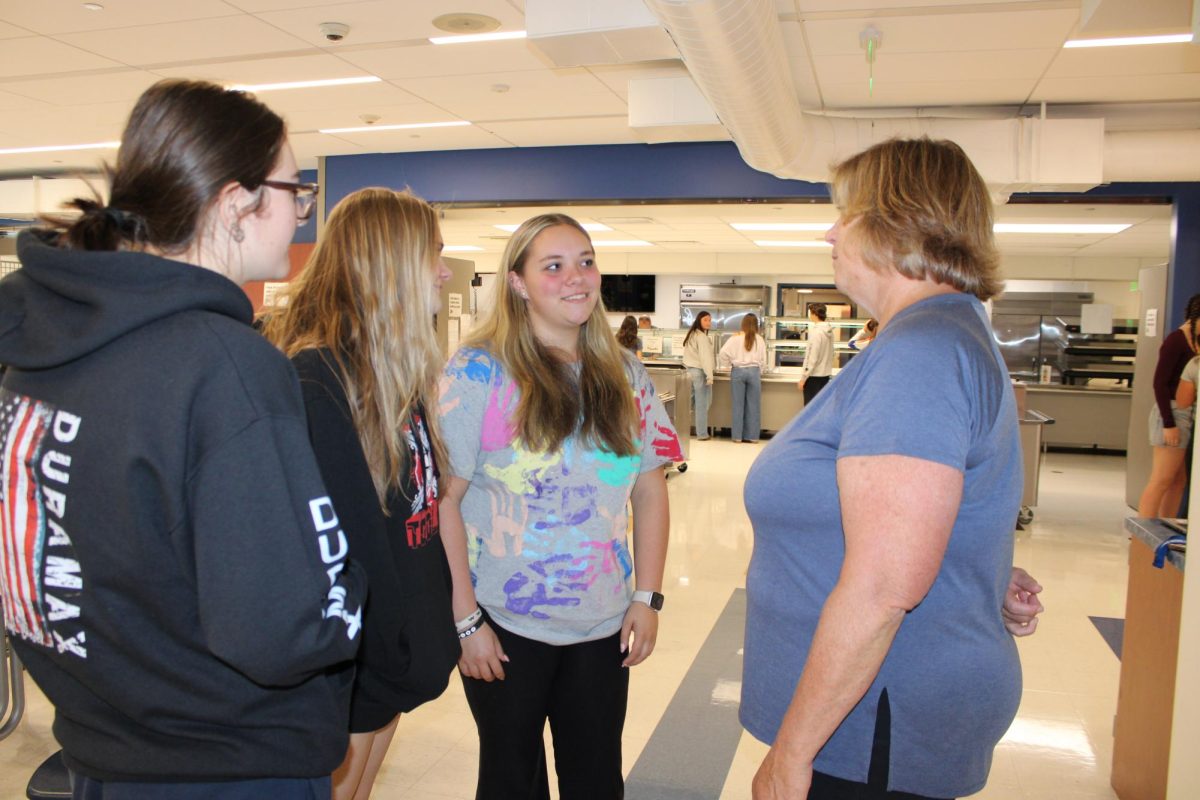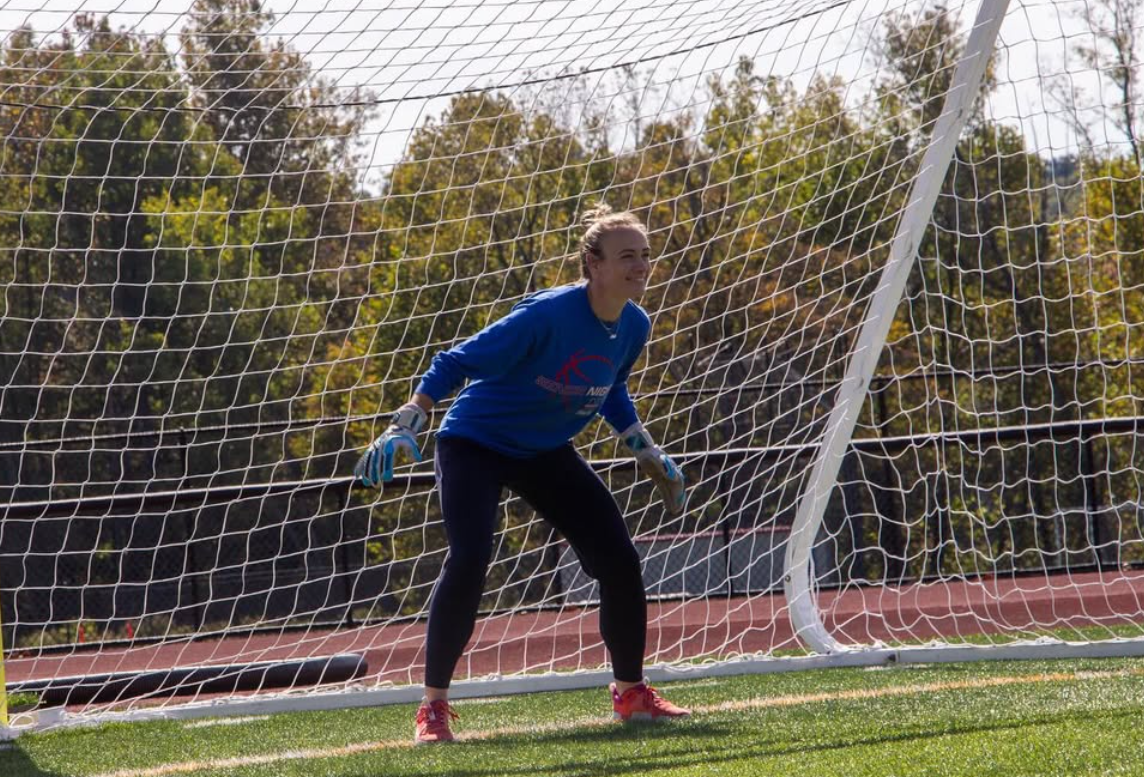WOODBURY — A story of justice, bias, and morality will be brought to life in the fall by the students of Nonnewaug High School. Nonnewaug will keep its annual tradition of staging production alive with their portrayal of the timeless drama 12 Angry Jurors.
Much more than a courtroom drama, the play dives into the complexities of human nature through navigating themes of prejudice, the ever-so-fragile truth, and the power of one voice to challenge societal norms.

The faces behind this powerful depiction are director Catherine Pelkey and the students of Nonnewaug’s Drama Club.
In Nonnewaug’s adaptation of 12 Angry Jurors, Pelkey is taking a creative approach to immerse the audience in the heat of the jury room. Drawing influence from the play’s original teleplay roots, this production aims to bridge the gap between a courtroom drama and a television special, complete with local advertisements and performances during intermissions.
The set will be confined to a cramped suffocating room on a sizzling summer day, serving as a symbolic cage; reflecting the tension and pressure the jurors face as they confront their biases.
“I hope it brings attention to people having their own personal biases,” said Pelkey, emphasizing the importance of putting our judicial system under the microscope in order to recognize its flaws and strengths.
“I want the audience to feel the heat and tension come to a boil” she adds, ensuring that viewers will experience the intensity of the play as if they, too, are trapped in that room.
Furthermore, an absence of music in the play will heighten tension and bring emotional intensity to the production. Allowing for the dialogue and interactions between the characters to take center stage.
The production creatively uses silence and dramatic pauses to build tension.
“The silence is gonna feel so heavy,” Pelkey says. “I want [actors] to feel like they’re on top of each other, like they’re in a box.”
This focus on the atmosphere ensures that the viewers will experience the play’s tension.
Without any music to lead the audience’s feelings, the focus remains entirely on the claustrophobic atmosphere of the jury room and the escalating conflict among the jurors. The added silence may amplify the uncomfortable pauses and the heated interactions, making the character’s emotions and high stakes of the trial feel even more urgent and real.
For cast member Bishop Aldrich, one scene in particular stands out.
“The end of Act Two, where Juror Three and Juror Eight are going at it, is definitely the boiling point of the play,” Aldrich says. “Juror Three says, ‘Shut up, I’m gonna kill you,’ and Juror Eight responds, ‘You wouldn’t really kill me, would you?’ The tension that would build up to that moment is huge.”
Aldrich also believes that plays like 12 Angry Jurors are important for high school students to perform.
“Dealing with such a heavy topic like murder helps people realize that this kind of stuff happens in the real world,” Aldrich says. “It also helps open people’s insight to morals and the motivations behind people’s actions.”
Actors like Aldrich and fellow performers hope the audience walks away with a simple but sincere message: “Don’t judge a book by its cover,” Aldrich says.











